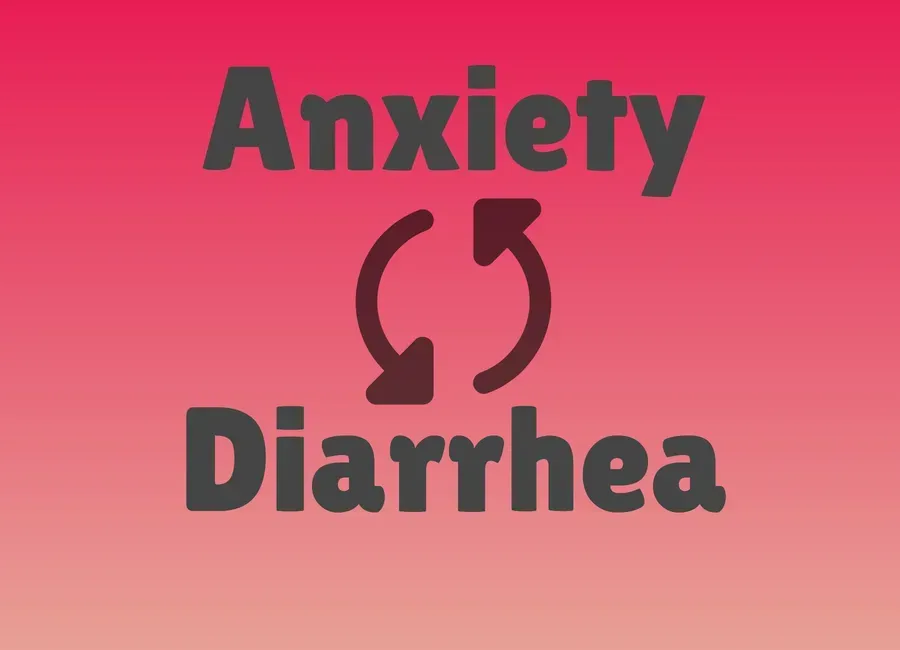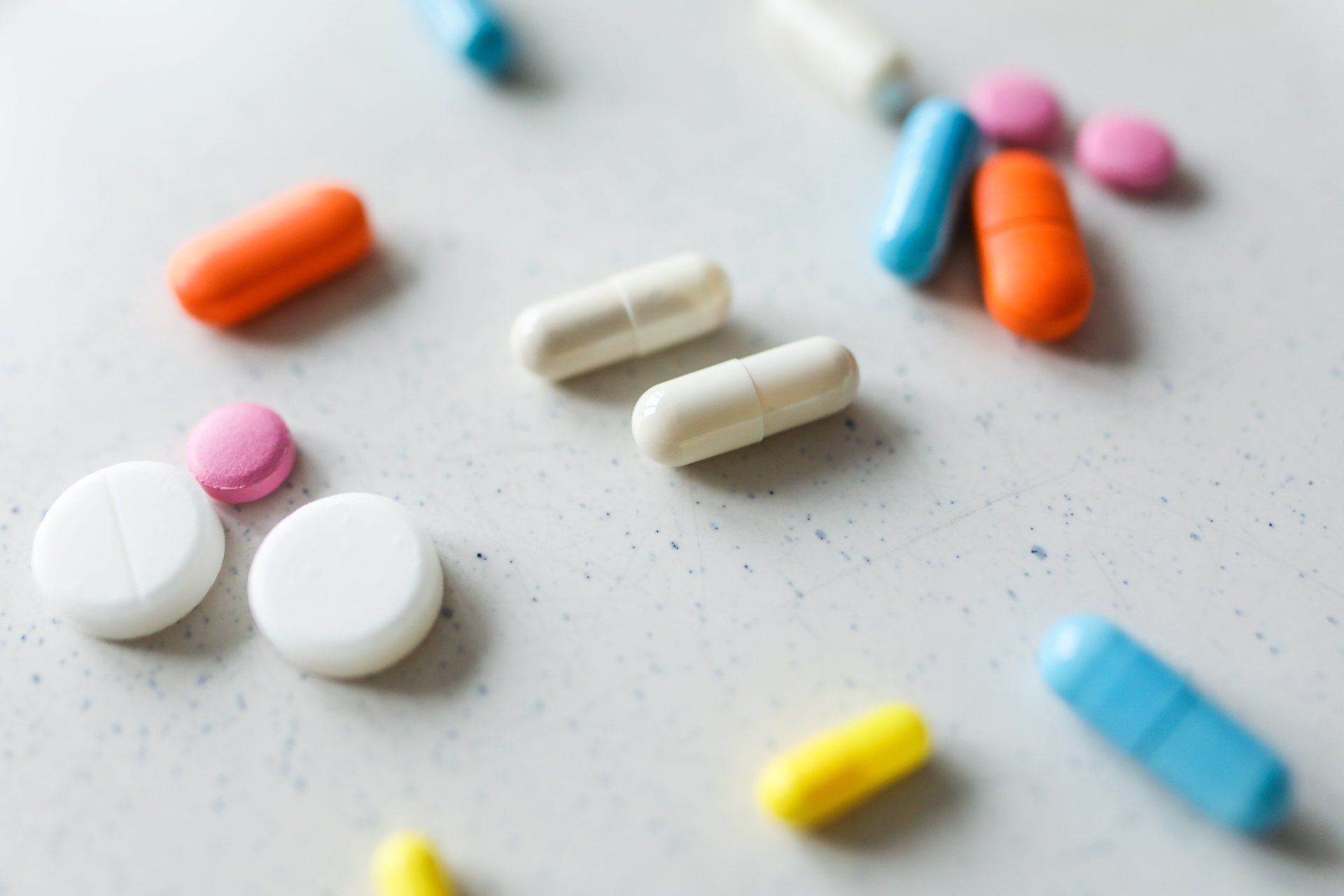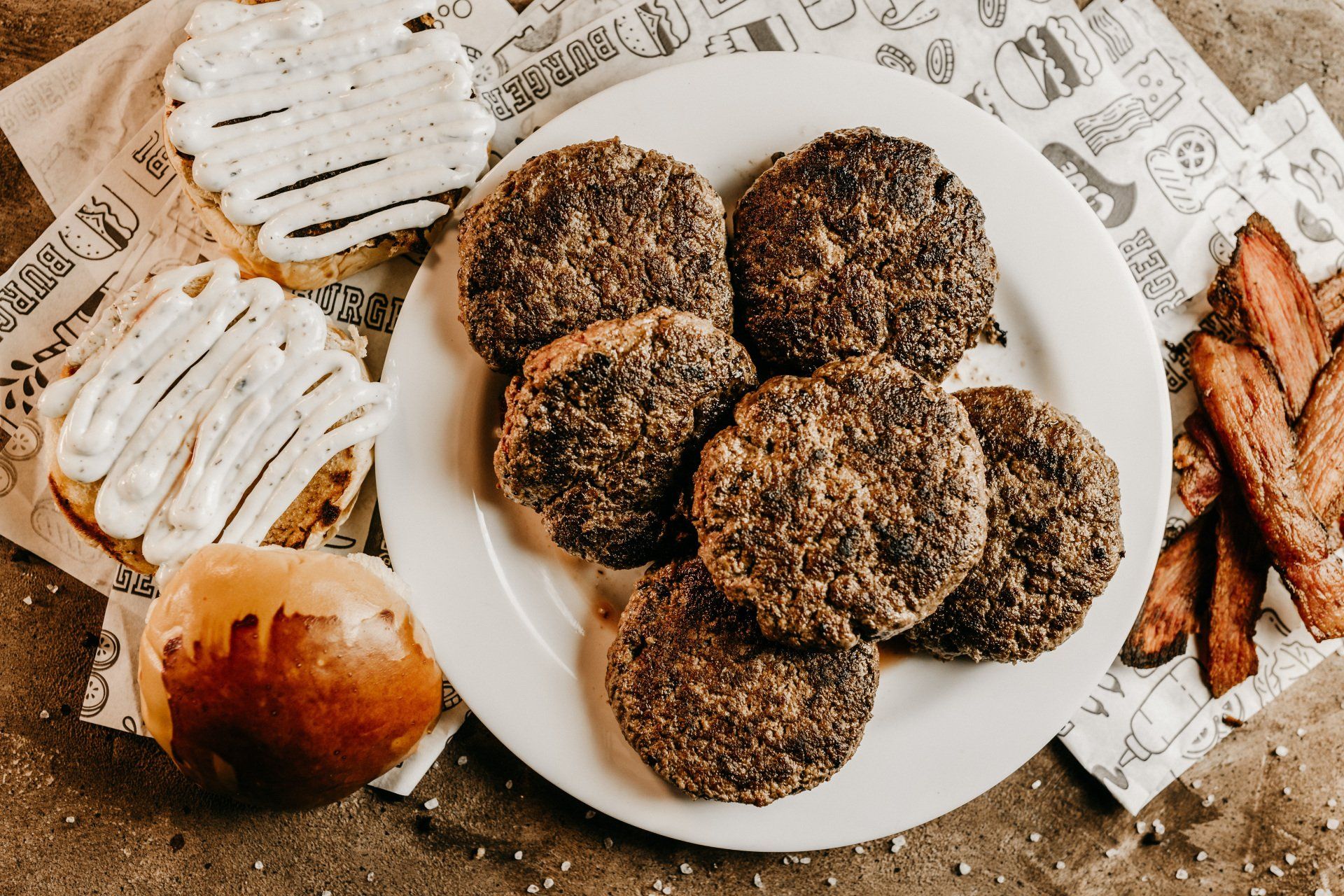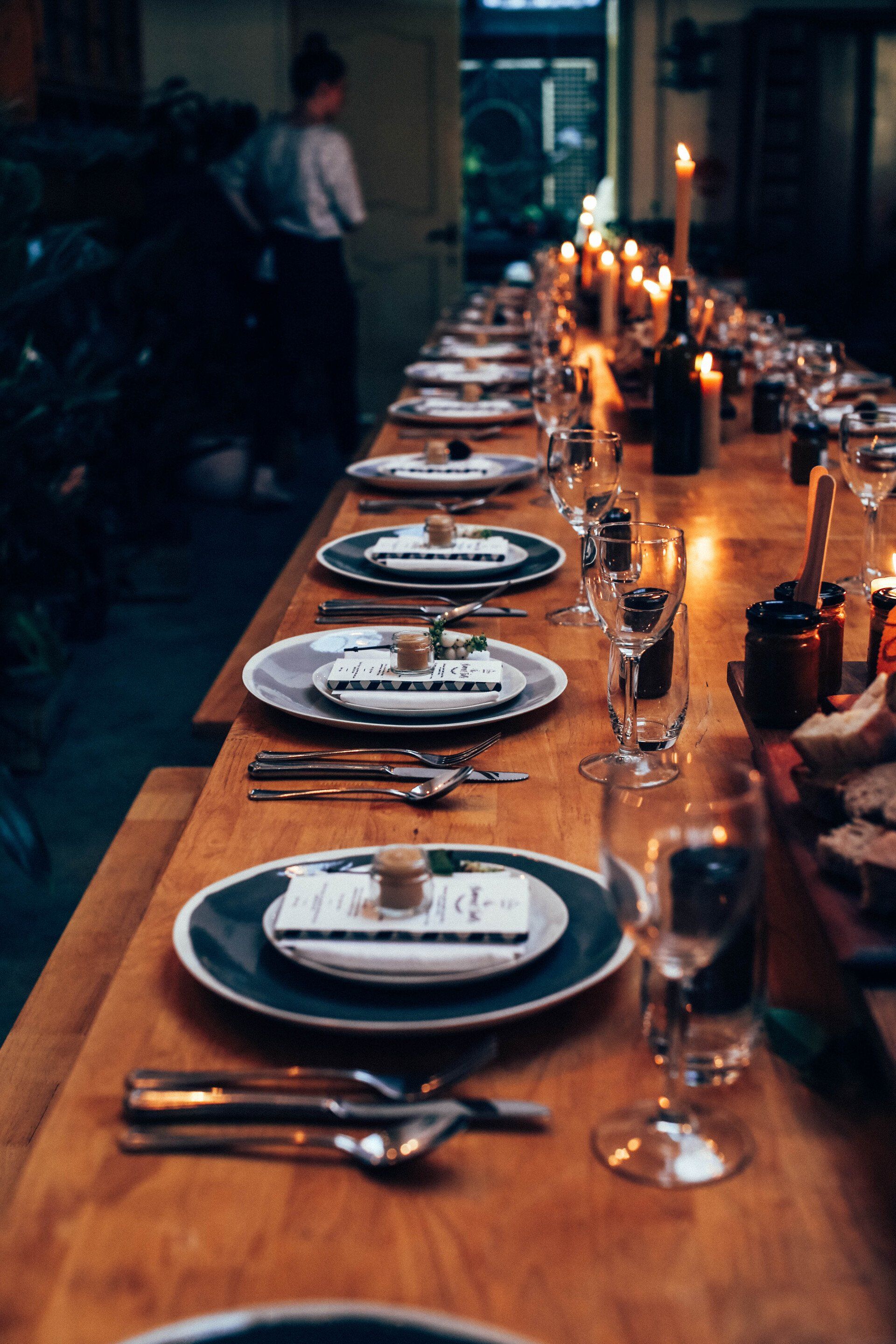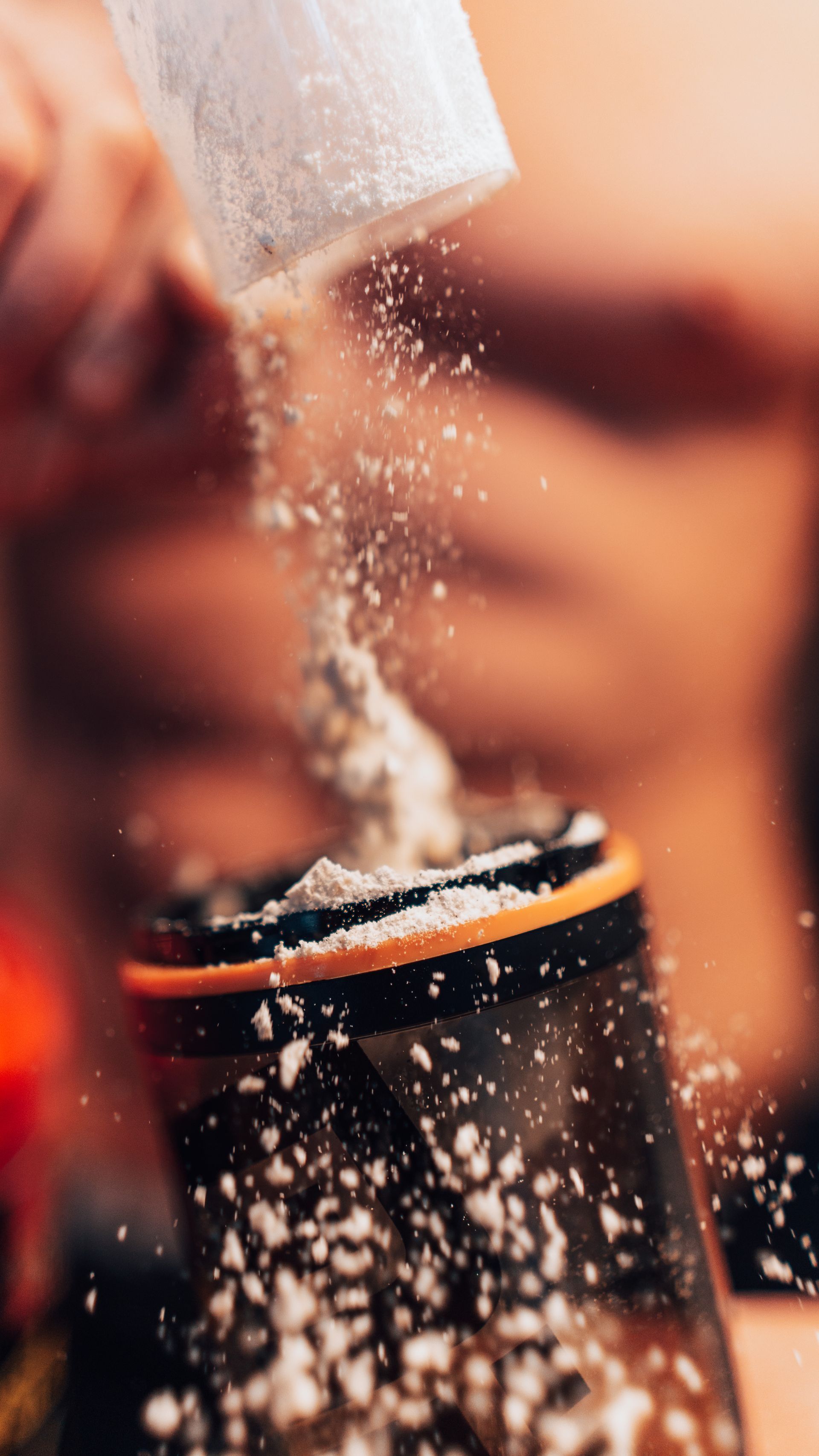Within the gut, serotonin plays a big role in motility, or how fast the GI tract moves. Excess serotonin has been associated with diarrhea (too much motility) and visceral hypersensitivity (too much sensation). For whatever reason, anxiety seems to alter serotonin production, leading to signals being sent from the gut to the brain (via the vagus) saying “hey, there’s some weird stuff going on down here, so we should probably have a bowel movement.” On other occasions, having diarrhea leads to feelings of anxiety. You may become anxious because you don’t know where the bathroom is, or the social stigma surrounding being in the bathroom for more than 5 minutes. What ensues is a vicious feedback loop where the anxiety causes diarrhea, and diarrhea causes more anxiety.
Let’s Go To Vegas
Great, so one causes the other and vice versa, which end should I address? Both! How do we do that? Gee, if only there was something (a nerve) that connected to both the gut and the brain 🤔 (INSERT Vagus).
The vagus nerve conveys calming
information to the gut. If you can activate the vagus nerve, you can “reset” motility within the gut, and hopefully calm down the diarrhea. Here’s where we tap into the breath. Breathing is one of the best ways to stimulate your vagus nerve. Specifically, you want your exhale to be longer than your inhale. You could do a 3-second inhale, 6-second exhale; 2-second inhale, 7-second exhale, whatever your preference or breathing skills will allow for.
Pro-inflammatory signals (cytokines, prostaglandins) actually speed up gut motility and could also contribute to diarrhea. Great for us, vagus nerve activation has anti-inflammatory
effects within the gut! If you can balance the inflammatory environment, you could alter your diarrhea. Isn’t it great that nature created such a fool-proof operating system.
Inner Dialogue
As we’ve discussed, anxiety often precedes diarrhea. In fact, anxiety and digestive health are so connected that medical doctors sometimes prescribe antidepressants for the treatment of IBS. Pharmacology can influence your mental state, but thankfully so can you. Cognitive Behavioral Therapy
(CBT) has shown tremendous benefit in those with diarrhea-predominant IBS (IBS-D) (2). CBT includes relaxation techniques, problem-solving skills, and mindfulness-based exercises.
Let’s say you’re about to go to dinner for that family celebration. To relax, you could activate your vagus nerve and do some deep breathing exercises. You could engage in problem-solving skills by thinking about why you feel so anxious. Or my personal favorite, you can engage in guided meditation exercises. Meditation is a phenomenal, FREE way to access your subconscious mind. This access could lead you to identifying where all your anxiety and nervousness comes from. Adding in the guided part can lead you to saying mantras out loud such as “I am in control, I am powerful, I am calm”, phrases that can empower you to take control over your anxiety. The same way top level athletes have mantras or affirmations saying they’re going to perform at their best, we can have those for our everyday moments. Your inner dialogue is yours to own, and yours only.
Gut Supportive Supplements
Okay, this is the part I know you all have been waiting for: “What supplements can I take!?” I’m going to pitch several scenarios: at the house before the event, at your event (if you’re someone who doesn’t mind bringing supplements anywhere you go, aka me), or once you’re home from your event. I’ll try to be conscious about what nutrients are easier to travel with, vs. nutrients that need to be more “managed”, such as probiotics.
Before The Event
If you know you’re going to eat off-menu, particularly foods your gut hasn’t seen for a while, I’d take nutrients that are supportive to the gut lining: L-glutamine, Vitamin D, aloe vera extract, marshmallow root, zinc carnosine, colostrum, Lacto-/Bifido- probiotic strains, and N-acetylglucosamine. Thankfully there are products on the market that combine many of these nutrients into one capsule.
At The Event
If anxiety is something you struggle with, GABA, L-theanine, Magnesium (Threonate or Glycinate), or adaptogens such as Ashwagandha
and Maca
can be supportive. If you’re still wanting to eat to feel good, I’d recommend trying to stick as close to a Low FODMAP diet
as possible.
Whether you’re going to eat “normal”, or have a little bit of fun, digestive enzymes (with HCL, ox bile, pancreatic enzymes) can be great support before a meal to act as “scissors”, cutting down your food to make it easier to digest.
After The Event
If you made it home unscathed, great job! If not, no big deal. This would be another great time to take those gut lining-supportive nutrients, with particular emphasis on L-glutamine and colostrum. Now would also be a great time to take some anxiety supportive compounds and some deep breathing exercises, letting your body know it’s time to rest and digest.
As goes everything in life, you don’t have to be perfect with these strategies. I invite you to try to find one you feel you currently focus the least on, as this one will give you the biggest bang for your buck. If you’ve never attempted deep breathing/meditation prior to an event, take 3–5 minutes and give it a try! If you’ve never tried L-glutamine, it’s one of the cheaper, and therefore cost-effective, gut health nutrients on the market.
Your flares no longer have to run your life. I know you have it within you to take back control over your health, to feel empowered
enough to go out with family to celebrate events. With these strategies in mind, I’m sure you’ll have many things to celebrate in your own head.
If you’re wanting more specific information on how to support your IBS flares, I highly encourage you to seek out someone who views your health through a holistic
and integrative
lens, such as a Functional Medicine Practitioner
or Chiropractic Physician.
If you did enjoy this article, I’d really appreciate it if you looked at the upper left hand corner, and gave the article an applause. If you’d like further information on optimizing your gut health, living with autoimmunity, and listening to me rant, make sure to give me a follow as well.
As always, Trust in Your Gut.
Disclaimer: The contents of this article are for educational purposes only, and are not intended to diagnose or treat any condition. Do not apply any of the information in this article without first speaking with your doctor.



